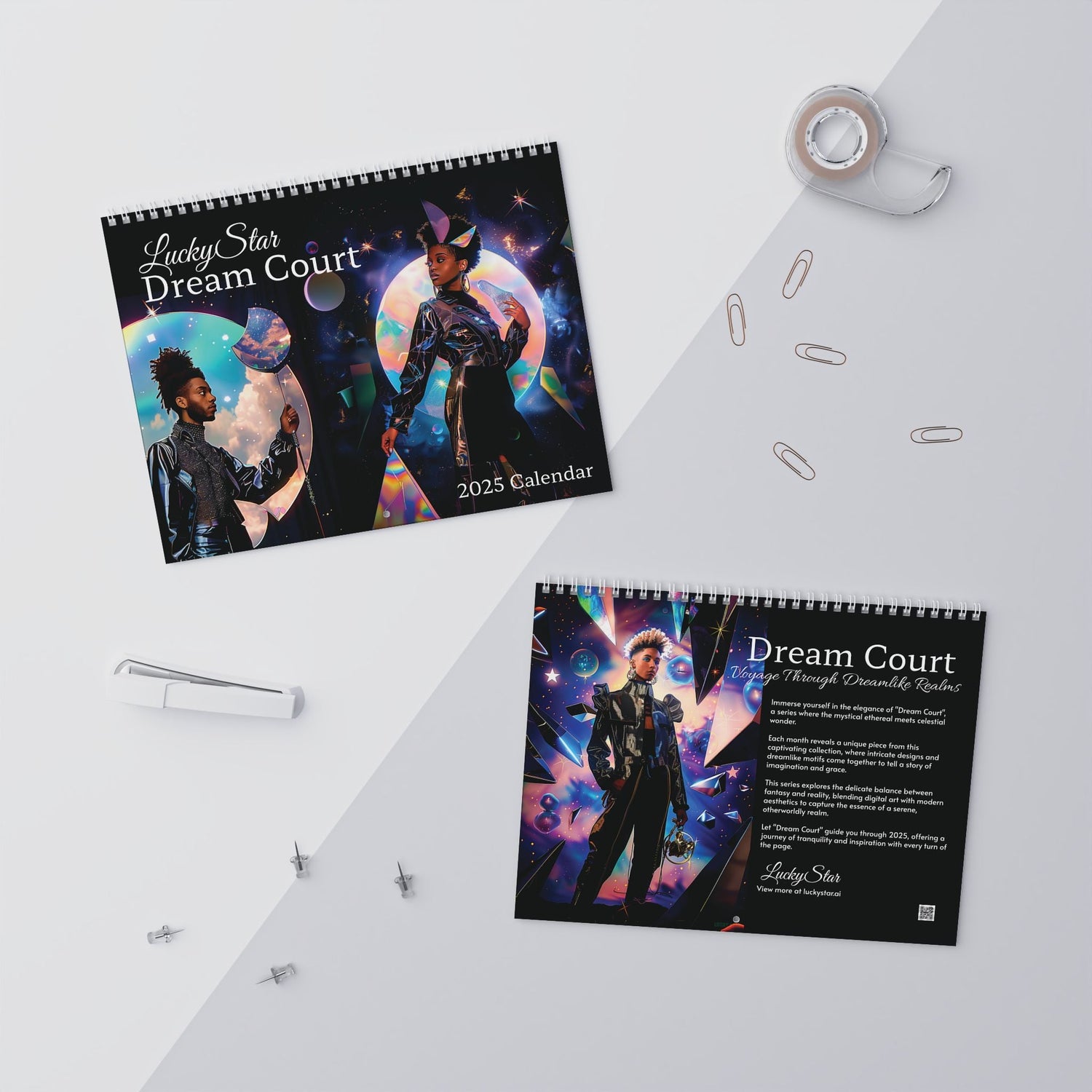
The Reckoning of Liberal Feminism in the Age of AI: A Living Witness Perspective
In this quiet reckoning, we witness the peeling away of comfortable myths. Liberal feminism, shaped by institutions that were never meant to hold us all, is now being asked to answer to the very lives it overlooked. For Black women across the Americas and sisters in the Global South, this is not new. It is simply more visible now. What comes next must be different.
There is a shift underway—subtle to some, seismic to others. The kind of shift that does not arrive with announcement but settles deep into the bones of those who have lived too long at the edges of the feminist story.

What we are seeing now is not a crisis, but a reckoning. Liberal feminism—long celebrated in institutions and textbooks—is being asked to do something it was not built to do: hold the full weight of global womanhood. Particularly, the experiences of Black women in the Americas and those across the Global South, who are still waiting to be centered in conversations that so often use their struggle as backdrop (Ahmed, 2017; Davis, 1983).
This form of feminism, historically shaped in the aftermath of colonial economies and social shifts, was in many ways a response to lost power. As once-wealthy women in the United States who had profited from forced labor were pressed into unfamiliar roles of care and labor, manuals emerged—some disturbingly clinical—to guide them through a life without the people they once owned. This inheritance of selective liberation is not often acknowledged in mainstream feminist discourse, but its residue is everywhere (Roberts, 1997).
Meanwhile, Black women in the United States were caught in impossible choices. To survive was to walk a double bind, managing racial and gendered violence without structural recourse. It was not until the 1990s for example that laws began to protect women from job loss due to maternity or caregiving in the US—an absurdly recent development for something so fundamental. Yet even those gains were layered atop long histories of neglect and performance—where rights are extended only as far as profit allows (Smith, 2000).
Today, AI technologies threaten to replicate these same gaps. Without careful, responsible ethical design, we risk hardcoding structural imbalances into tools that will outlive their makers. And once again, those most impacted may be the least consulted (Gumbs, 2020).
For women in the Global South who are only now encountering the depth of this collective history, the shock is understandable. It feels like betrayal because, in many ways, it is. To discover that your suffering has been known—and strategically ignored—can fracture one’s sense of solidarity.
And yet, take heart.
There have always been those who see you. Those who document, who fight, who love, who make room. Those who recognize that exclusion is not always a loud denial—it can be quiet, bureaucratic, dressed in entry fees and policies that leave you outside.
This message is for you.
If you have been silenced through submission systems that leave your work or voice unprotected, or priced out of spaces meant to celebrate you, know this: your safety and your vision matter. You are not alone in the ache of this moment.
Hold on to hope—not because it is easy, but because your existence is a legacy of impossible survival. What you carry forward is precious. Even now, through all of it, your truth is rising.
Sources and References:
Ahmed, S. (2017). Living a feminist life. Duke University Press. Retrieved from https://www.dukeupress.edu/living-a-feminist-life
Davis, A. Y. (1983). Women, race & class. Random House.Retrieved from https://archive.org/details/womenraceclass0000davi
Gumbs, A. P. (2020). Dub: Finding Ceremony. Duke University Press. Retrieved from https://www.dukeupress.edu/dub
Roberts, D. (1997). Killing the Black Body: Race, Reproduction, and the Meaning of Liberty. Vintage Books. Retrieved from https://search.worldcat.org/title/973881621
Smith, B. (2000). Home Girls: A Black Feminist Anthology. Rutgers University Press. Retrieved from https://search.worldcat.org/title/42680497
Direct Inquiries: For thoughtful discussion or collaborative engagement, please reach out directly to Lucky Star: https://luckystar.ai/pages/contact

